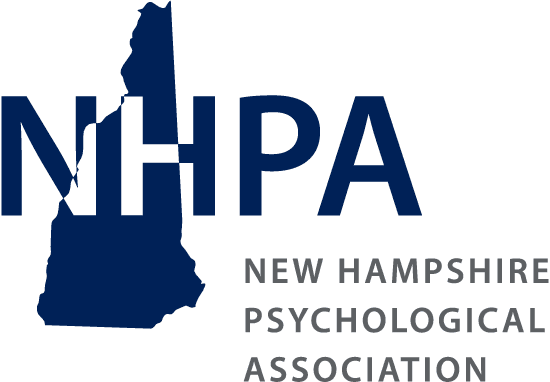
Psychedelics in the Treatment of Mental Illness
With Matthew W. Johnson, Ph.D.

Friday, August 20, 2021
9:00 - 4:30
6 CEs
A unique collaboration with:




Vermont Psychological Association & New Hampshire Psychological Association Members Receive Discounts on This Workshop & All CE Programming. Join Your State Association!
Credits Are Approved For:
VT: psychologists, LICSW, LMFT, LCMHC
NH: psychologists, LICSW, LCMHC
MA: psychologists, LICSW, LCSW, LCMHC
CT: psychologists, LICSW
Workshop Description:
An empirical body of empirical research has emerged over the last couple of decades suggesting that the 5-HT2A receptor agonist classic psychedelic compound psilocybin results in positive long-term outcomes in both healthy participants and in individuals with psychiatric disorders. This research has been conducted under conditions of substantial preparation, and interpersonal support. Findings have suggested that under such conditions psilocybin leads to increased personality openness in healthy participants, decreased depression and anxiety in cancer patients, and increased biologically confirmed quit rates in treatment-resistant tobacco cigarette smokers. These findings are consistent with the notion that psychedelic therapy is best thought of as medication-assisted behavioral or psychological therapy, wherein the drug increases behavioral plasticity, providing an experience that can influence future behavior. A vision will be presented suggesting that psychedelics may be leveraged in the treatment of a variety of nominally distinct psychiatric disorders.
Learning Objectives:
1. Identify two psychiatric disorders for which psilocybin is being studied as a potential therapeutic.
2. Identify the risk factors that require mitigation in clinical research with high doses of psilocybin or other classic psychedelic compounds.
3. Identify the "classic psychedelic" compounds
4. Identify the non-classic psychedelic compounds
5. Explain the environmental factors that are involved in "psychedelic therapy"
6. Identify at least two areas of potential future research for psychedelic therapy.
About the Speaker:
Matthew W. Johnson, Ph.D., is The Susan Hill Ward Endowed Professor of Psychedelics and Consciousness Research at Johns Hopkins. Working with psychedelics for 17 years, he is one of the world’s most widely published experts on psychedelics. Matt published psychedelic safety guidelines in 2008, helping to resurrect psychedelic research. He developed the first research on psychedelic treatment of tobacco addiction and published initial result in 2014, and with colleagues he conducted the largest study of psilocybin in cancer distress (2016). His 2018 psilocybin review recommended Schedule IV upon medical approval. Matt also conducts behavioral economic research on addiction and sexual risk. He’s been Interviewed by Anderson Cooper on 60 Minutes, the New York Times, the Washington Post, the Wall Street Journal, the BBC and was featured in Michael Pollan’s book How to Change Your Mind.
-----------------------------------
Paying with a check:
Checks must be received within one week of the event. If payment has not been received, registrant will still have option to pay online with a credit card up until the day before the program. If an invoice remains open on the day of the event, the registrant will not be allowed to attend.
Cancellation policy:
Refunds, minus a 35% cancellation fee, will be issued for all cancellations received two weeks prior to the start of the course. No refunds or vouchers will be made thereafter. No-shows are not refunded.
Attendance policy:
Full attendance is required to obtain CEs per NHPA policy. No partial credit will be given. Those who attend the workshop and complete the evaluation form will receive 6 continuing education credits. Please note that APA CE rules require that we only give credit to those who attend the entire workshop. Those arriving more than 15 minutes after the scheduled start time or leaving before the workshop is completed will not receive CE credits.
Registrations are Transferable:
Registrants can transfer an event confirmation to another individual, but a 10% fee will be incurred. The NHPA office must be notified of the transfer at least 24 hours prior to the event.




